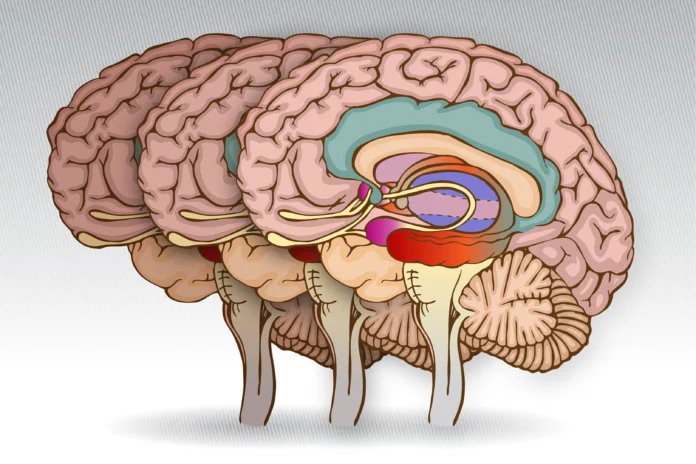A recent study has shed light on the early detection of amnestic mild cognitive impairment (aMCI) by identifying language-processing difficulties as an additional indicator, alongside memory loss. This groundbreaking research has the potential to improve the diagnosis and treatment of aMCI, a precursor to Alzheimer’s disease.
Published in the Journal of Neurology, the study was conducted by a team of researchers from the University of California, San Francisco (UCSF). The team analyzed the language abilities of individuals with aMCI and compared them to those with normal cognitive function. They found that individuals with aMCI had difficulty processing and understanding complex language, such as sentences with multiple clauses or unfamiliar vocabulary.
This result is significant because it adds to the existing diagnostic criteria for aMCI, which currently only includes memory loss as a primary indicator. In fact, the lead author of the study, Dr. Maria Luisa Gorno-Tempini, stated, “Memory loss is still the most important sign of aMCI, but language difficulties can be an early warning sign that should not be overlooked.”
The study involved 264 participants, including individuals with aMCI, healthy older adults, and those with Alzheimer’s disease. They were given a battery of tests to assess their language abilities, including the ability to recognize and produce words, understand sentences, and generate sentences with specific grammatical structures. The results showed that individuals with aMCI performed significantly worse on these language tests compared to the healthy older adults.
Furthermore, the researchers also found that the language-processing difficulties in aMCI were different from those seen in Alzheimer’s disease. In Alzheimer’s, individuals have difficulty finding the right words and producing coherent sentences, while in aMCI, they struggle with understanding complex language and using appropriate grammar. This distinction is crucial as it can aid in the early detection and differentiation of aMCI from Alzheimer’s, which can lead to better treatment and management strategies.
The findings of this study have important implications for both individuals and healthcare professionals. For individuals, it means that they should be aware of any changes in their language abilities, such as difficulty understanding complex sentences or finding the right words. These changes should not be ignored and should be discussed with a healthcare professional for further evaluation. For healthcare professionals, it means that they should consider language abilities as an additional indicator when assessing individuals for aMCI.
The lead author, Dr. Gorno-Tempini, believes that this research can also lead to the development of new diagnostic tools for aMCI. “Current diagnostic tests for aMCI are not sensitive enough to pick up the subtle language difficulties seen in our study. We hope that our findings can inspire the development of new, more sensitive tests that can aid in the early detection of aMCI,” she stated.
The study also has implications for future research on aMCI and Alzheimer’s disease. The team at UCSF plans to conduct further studies to better understand the underlying mechanisms of language difficulties in aMCI and how they progress as the disease advances. This can potentially lead to the development of new treatments and interventions that specifically target language impairments in aMCI.
In conclusion, the study by UCSF has shown that language-processing difficulties are an important indicator of aMCI, in addition to memory loss. This research has the potential to improve the early detection and differentiation of aMCI from Alzheimer’s disease, leading to better treatment and management strategies. It also opens up new avenues for future research, which can ultimately benefit individuals at risk for aMCI and Alzheimer’s disease.

